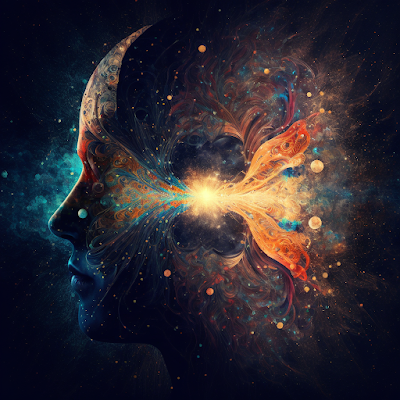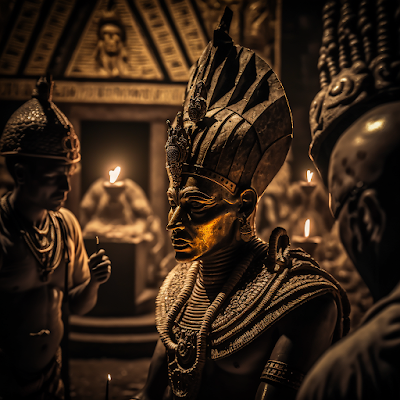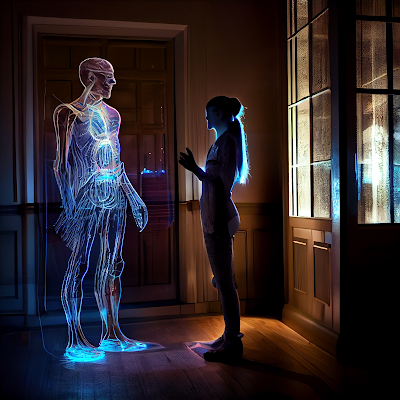Who Decides What is Right and Wrong? Exploring Different Perspectives
Introduction
The concept
of right and wrong is fundamental to human existence. It influences our
decisions, behaviors, and interactions with others. However, the question of
who decides what is right and wrong is a complex one that has been explored by
philosophers, religious leaders, and moral theorists for centuries. In this
blog post, we will explore different perspectives on this question and examine
how factors such as religion, philosophy, culture, and society shape our
understanding of morality.
Objective and Universal Moral
Principles
Some argue
that moral principles and values are objective and universal, meaning they are
not determined by any individual or group, but exist independently of human
opinion. This perspective is often associated with religious and philosophical
traditions such as natural law, Kantianism, and virtue ethics. According to
this view, moral principles are discovered rather than created.
Subjective and Culturally Relative
Moral Principles
Others argue
that moral principles and values are subjective and culturally relative,
meaning they are shaped by individuals or groups and are influenced by the
specific culture and historical context in which they exist. This perspective
is often associated with cultural relativism, subjectivism, and constructivism.
According to this view, moral principles are created rather than discovered.
Combination of Objective and
Subjective Moral Principles
A third
perspective is that moral principles and values are a combination of both
objective and subjective elements. This means that there are universal moral
principles that are discovered, but these principles are also shaped by the
specific culture and historical context in which they exist. This perspective
is often associated with pragmatism, the ethics of care, and the ethics of
responsibility.
Role of Religion in Determining Right
and Wrong
Religious
leaders and texts also play a role in determining what is right and wrong for
many people. For example, in Christianity, the Bible is considered the ultimate
authority on moral principles and values. Similarly, in Islam, the Quran is
considered the ultimate authority on moral principles and values. In these
religions, moral principles and values are considered to be absolute and
unchanging, and are derived from the teachings and examples of religious figures
such as Jesus or Muhammad.
Role of Philosophy in Determining
Right and Wrong
Philosophers
have also played a role in determining what is right and wrong. Famous
philosophers such as Aristotle, Immanuel Kant, and John Stuart Mill have all
developed moral theories that have been influential in shaping our
understanding of right and wrong. For example, Aristotle's virtue ethics
emphasizes the importance of developing good character and living a virtuous
life, while Kant's deontological ethics emphasizes the importance of following
universal moral laws. Similarly, Mill's utilitarianism emphasizes the
importance of maximizing overall happiness and well-being.
Role of Culture and Society in
Determining Right and Wrong
Finally,
society and culture also play a role in determining what is right and wrong.
For example, in some cultures, it is considered morally wrong to eat certain
types of food, while in other cultures, the same foods are considered morally
acceptable. Similarly, in some cultures, it is considered morally wrong to
engage in certain sexual behaviors, while in other cultures, the same behaviors
are considered morally acceptable.
Conclusion
The question
of who decides what is right and wrong is a complex one with different
perspectives. Whether moral principles and values are objective and universal,
subjective and culturally relative, or a combination of both, religion,
philosophy regardless of one's perspective, it is important to recognize that
moral principles and values play a significant role in shaping our individual
and collective behavior, and have a profound impact on society as a whole. By
continuing to explore this question and engaging in thoughtful dialogue, we can
work towards a greater understanding of what is right and wrong, and strive
towards creating a more just and ethical world.












Comments
Post a Comment